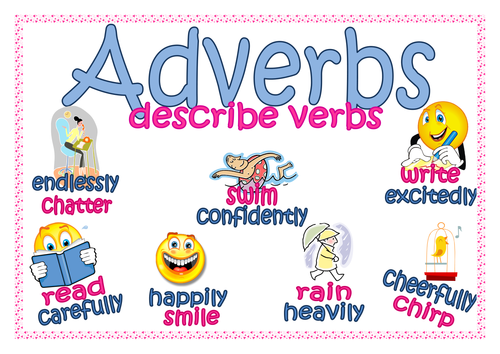Here are 10 things, from a series of 100, you can do to improve your English (in no order).
1. Don’t be afraid to make mistakes. Be confident. People can only correct
your mistakes
when they hear you make them.
when they hear you make them.
2. Surround yourself in English. Put yourself in an all English speaking.
environment where
you can learn passively. The best way to learn is through speaking.
you can learn passively. The best way to learn is through speaking.
3. Practice every day. Make yourself a study plan. Decide how much time a
week you are
going to spend studying and stick to it. Establish a routine.
going to spend studying and stick to it. Establish a routine.
4.
Tell your
family and friends about your study plan. Get them to push you to study and
also
don’t let them interrupt you.
don’t let them interrupt you.
5. Practice the 4 core skills: reading, writing, speaking and listening.
They all need to be worked
on for you to improve.
on for you to improve.
6. Keep a notebook of new words you learn. Use them in sentences and try to
say them at least
3 times when you speak.
3 times when you speak.
7. Visit free learning English websites at least once a day and complete a
lesson.
8. Memorization of lists is one of the most common ways of learning
vocabulary for a test. It's
only a good exercise for short term studying because you often do not retain the information
that you have learned for a test.
only a good exercise for short term studying because you often do not retain the information
that you have learned for a test.
9. Use your body clock. If you’re not a morning person, study in the
afternoon.
10. You will find words easier to
remember if you try to remember an example sentence using
that word rather the word on its own.
that word rather the word on its own.




